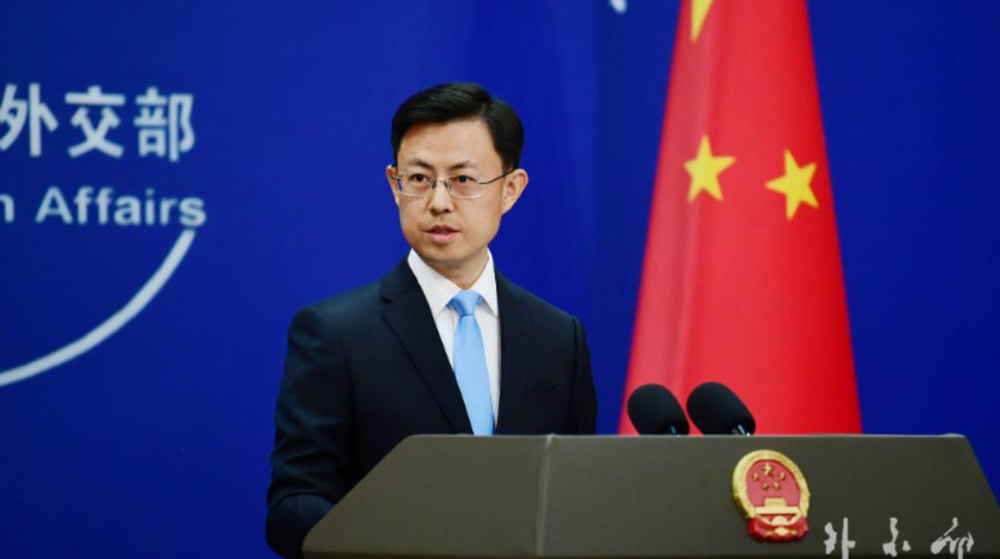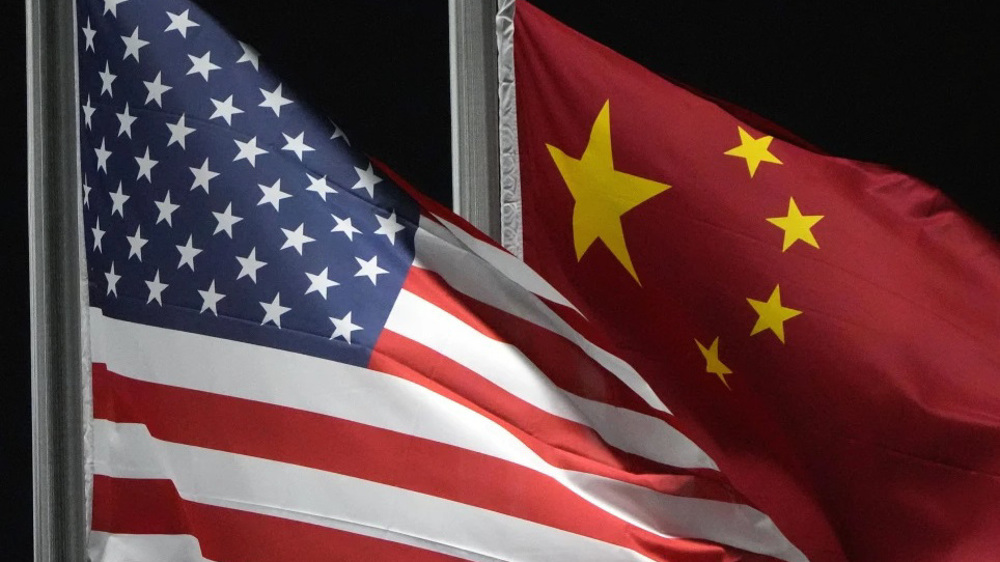China warns US against allowing Taiwan leader’s stopover
Beijing has called on Washington to reject the Taiwanese leader’s request to make a stopover in the United States in January and possibly meet the new administration.
China had already given warning to the United States against a change in Washington’s decades-long adherence to the “One China” policy and the official recognition of Taiwan as an independent state separate from the mainland.
The US, in 1979, cut diplomatic ties with Taiwan, accepting that there is only one China, and Taiwan is part of it.
However, US President-elect Donald Trump recently announced that he did not feel “bound by a ‘One China’ policy,” signaling a major detour in Washington’s diplomatic relations with Beijing.
“I think everyone is very clear about the Taiwanese leader’s real intentions in passing through the US. We hope the US can abide by the one-China policy … and not let her pass through their border, not give any wrong signals to Taiwan’s independence forces,” Chinese foreign ministry spokeswoman Hua Chunying said Thursday.
China’s Foreign Ministry has repeatedly warned the White House officials that recognizing Taiwan as an independent state would harm bilateral ties between the two countries.
She further said American interests require Washington to “safeguard overall US-China relations and peace and stability in the Taiwan straits.”
Earlier this month, the office of Taiwan’s President Tsai Ing-wen said she planned to make a stopover in the US on her way to visit Latin America next month.
Tsai’s office said she would visit Honduras, Nicaragua, Guatemala and El Salvador in that order. She will leave Taiwan on January 7 and return on January 15.
Chinese officials are deeply suspicious of anti-Beijing Tsai, whom they believe wants to push for the formal independence of Taiwan.
Taiwan media outlets have speculated that Tsai plans to meet Trump’s transition team ahead of his January 20 inauguration.
Trump caused political tension between the US and China after he spoke to Tsai on the phone earlier this month.
His move was considered in Beijing as undiplomatic and against decades-long commitment by the US to the “One China” policy.

China deploys naval group in warning to US, Philippines over drills

China says expects ‘in-depth’ talks during Iran foreign minister’s visit

China sanctions US figures over ‘gross interference’ in Beijing’s affairs
Iran-US talks: Trump, sanctions and the mirage of a durable nuclear deal
US universities defy Trump deportations of foreign students
WFP: Food stocks depleted in Gaza due to all-out Israeli blockade
Yemenis hold nationwide rallies to condemn US aggression, support Palestine
VIDEO | Press TV's news headlines
VIDEO | Gaza’s top surgeon killed under torture in Israeli jails
VIDEO | Araghchi arrives in Oman for US talks; termination of inhumane sanctions ‘priority’
VIDEO | Iran transforms Qeshm Island into Persian Gulf bunkering hub












 This makes it easy to access the Press TV website
This makes it easy to access the Press TV website